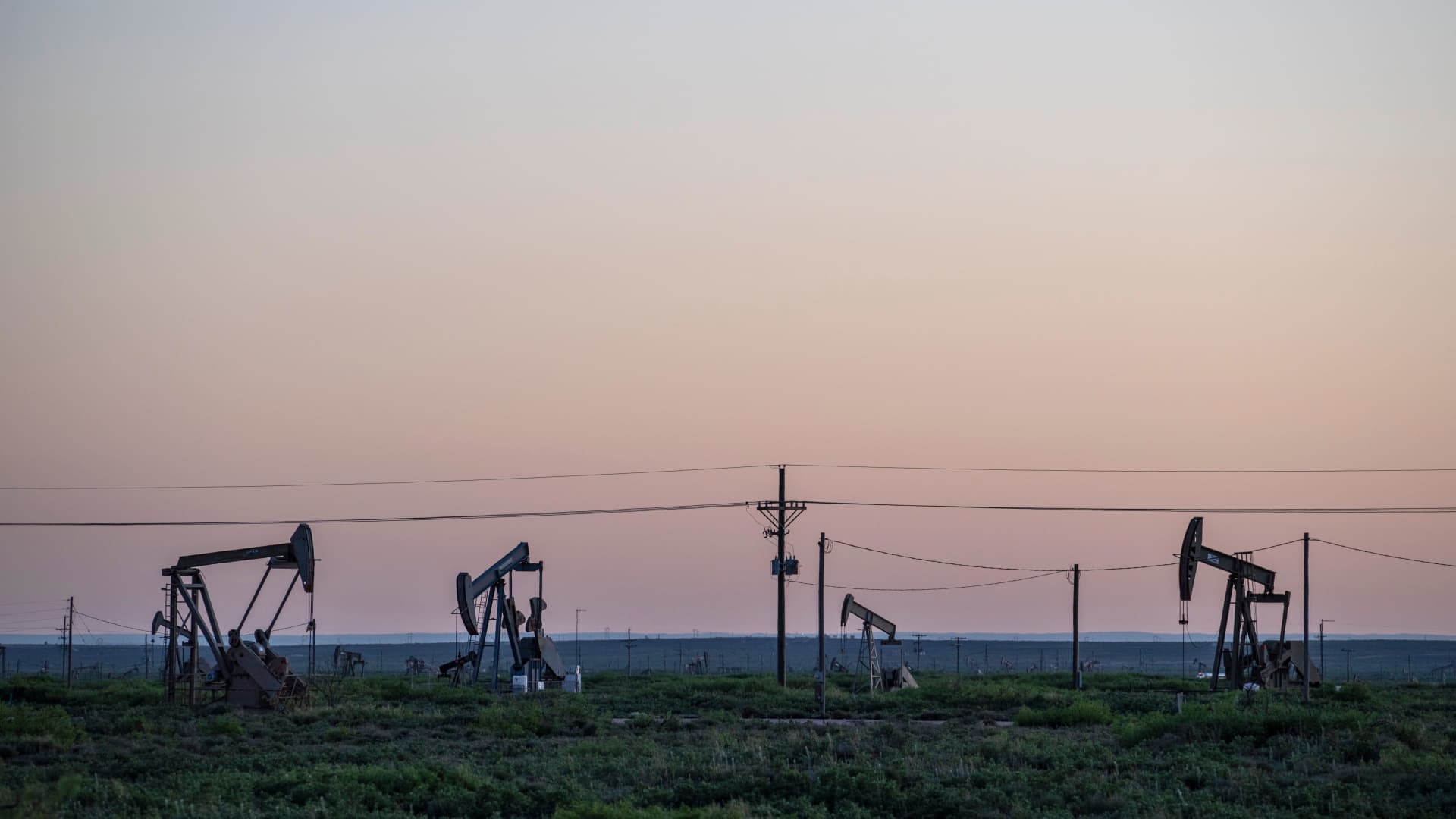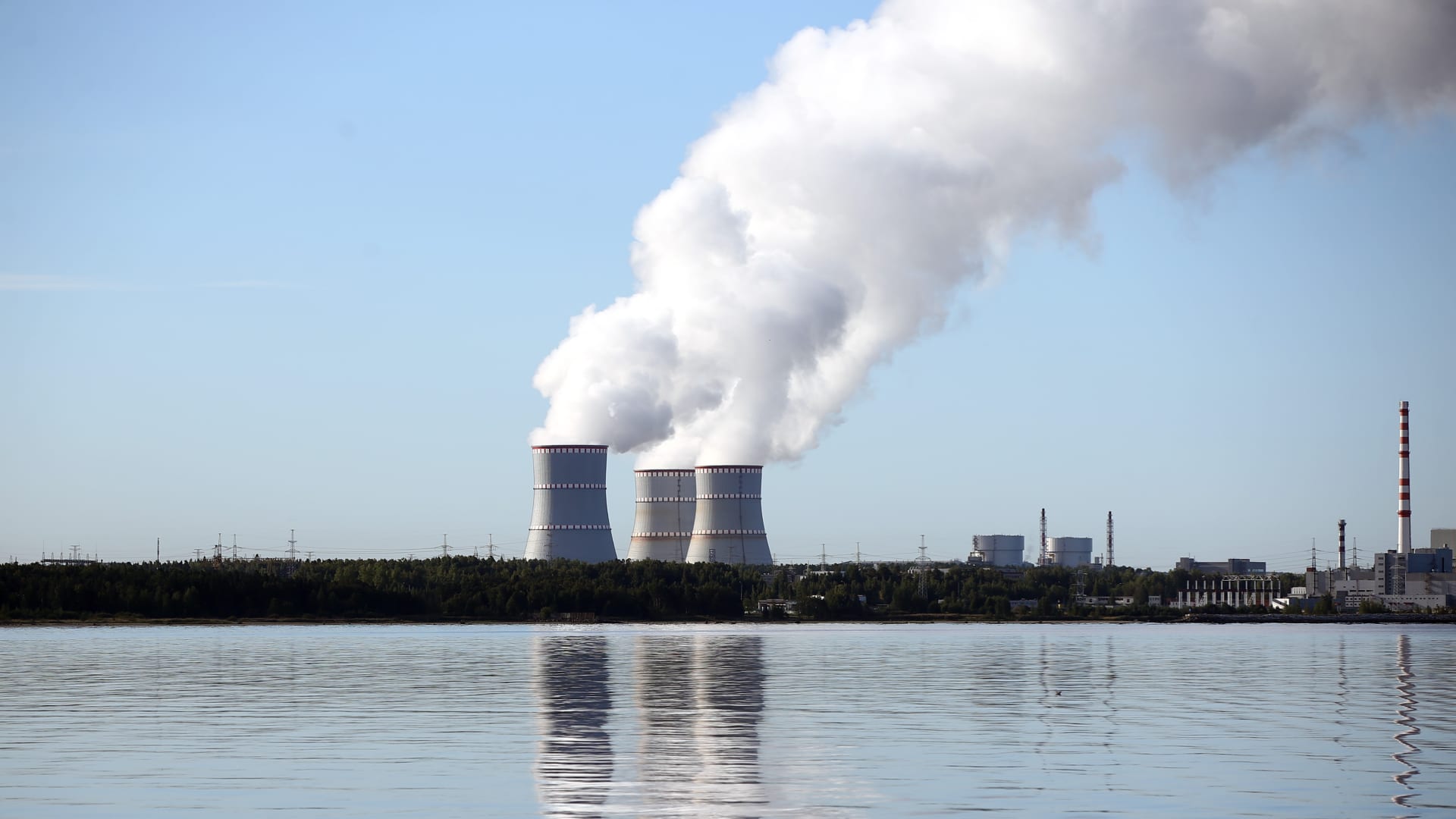Britain’s Prince William has underscored the importance of investing in nature to tackle climate change and protect our planet, becoming the latest high profile public figure to weigh in on the subject.
In comments made during a discussion on Thursday at the virtual spring meetings of the International Monetary Fund and World Bank Group, the Duke of Cambridge spoke about what he described as the “intrinsic link between nature and climate change.”
“We must invest in nature through reforestation, sustainable agriculture, and supporting healthy oceans, because doing so is one of the most cost effective and impactful ways of tackling climate change,” he went on to add.
“It removes carbon from the atmosphere, helps build more resilient communities, tackles biodiversity loss, and protects people’s livelihoods. This is crucial if our children and grandchildren are to live sustainably on our precious planet.”
Despite this, the prince argued, investing in nature remained “a small part of global efforts and accounts for a fraction of the money that is spent on the fight against climate change.”
He said: “All of you here at the World Bank and across each of the multilateral development banks have a crucial part to play by supporting a green, inclusive and resilient recovery from the pandemic, by valuing nature and putting it at the heart of your work, and by increasing investment in a future where the natural world can thrive.”
William’s comments come at a time when financial institutions, banks and other organizations are facing intense scrutiny and calls to divest from fossil fuels and other sectors deemed to be harmful to the environment.
In the last few years, ideas connected to nature-based solutions (NBS) have started to gain traction in some quarters.
Described by the European Commission, the EU’s executive arm, as “actions which are inspired by, supported by or copied from nature,” examples of NBS are wide and varied.
They could include, for instance, the installation and cultivation of green roofs and walls in urban areas to boost air quality. The restoration of forests and coral reefs could also be classified as a nature-based solutions.
A family affair
The Duke of Cambridge is not the only member of Britain’s royal family to express views on the environment. In September, his father, Prince Charles, called for a “Marshall-like plan for nature, people and planet.”
Speaking on the opening day of Climate Week NYC, the Prince of Wales went on to describe the coronavirus pandemic as a “wake-up call we simply cannot ignore,” and said he had “long observed that people tend not to act until there is a real crisis.”
“Ladies and gentlemen, that (environmental) crisis has been with us for far too many years, decried, denigrated and denied,” he claimed.
“It is now rapidly becoming a comprehensive catastrophe that will dwarf the impact of the coronavirus pandemic. At this late stage I can see no other way forward but to call for a Marshall-like plan for nature, people and planet.”
The Marshall Plan, named for former U.S. Secretary of State George C. Marshall, saw the U.S. provide billions of dollars in aid to help reconstruct Western Europe after the devastation of World War II.
On Friday, it was announced that Prince William’s grandfather, Prince Philip, the Duke of Edinburgh, had died. He was 99.





